What to eat before a half marathon – tips for runners
A guide from nutrition experts on how to fuel for a half marathon race in training, the week before and on race day
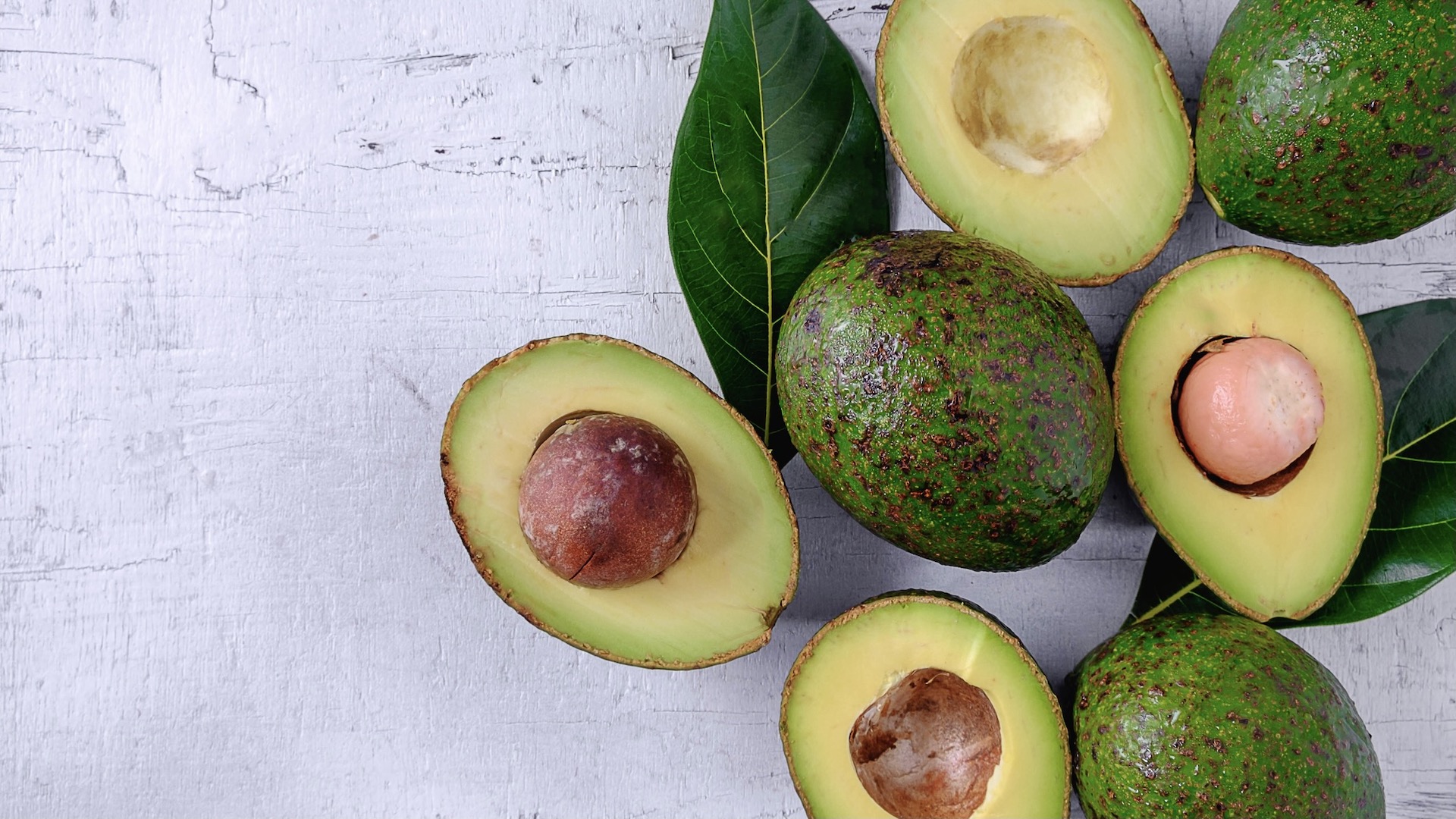
All the latest inspiration, tips and guides to help you plan your next Advnture!
You are now subscribed
Your newsletter sign-up was successful
A half marathon is a great goal for many runners and as well as following an expert training plan, it’s important to pay attention to your diet. A runner’s body requires to be properly fuelled for the best performance and this is especially true when focusing on a race goal.
We asked nutrition experts for tips on what to eat before a half marathon, including what to eat through training, on the days leading up to the half marathon and on the day of the race.
What to eat: carbs, proteins and fats
When training for a half marathon, you should prioritise good carbohydrates, healthy fats and lean proteins. This claim is scientifically supported with the recommendation that runners prioritize good carbs because they will help to keep glycogen stores high. This will prevent glucose levels from dropping and ensure half marathon runners remain energised throughout the 13.1-mile race.
Nutrition coach James Bickerstaff reveals the kind of foods that are most useful for runners. “In the build up to a half marathon, lean proteins might include white fish, eggs and turkey, while healthy fats include avocados, nuts and chia seeds," he says. “The right sort of carbs are whole grain alternatives, legumes and potatoes.”
Performance nutritionist Liam Holmes says it's particularly important that the overall diet for half marathon training is high enough in carbohydrates.
He says: “High amounts of carbohydrates are needed because carbs fill the muscles with glycogen and this is the storage form that fuels training. I recommend that runners aim for 45% to 55% of total calories to provide the body adequate energy to support training and recovery. Another key part of nutrition for running is drinking plenty of water and taking in enough electrolytes for optimal performance.”
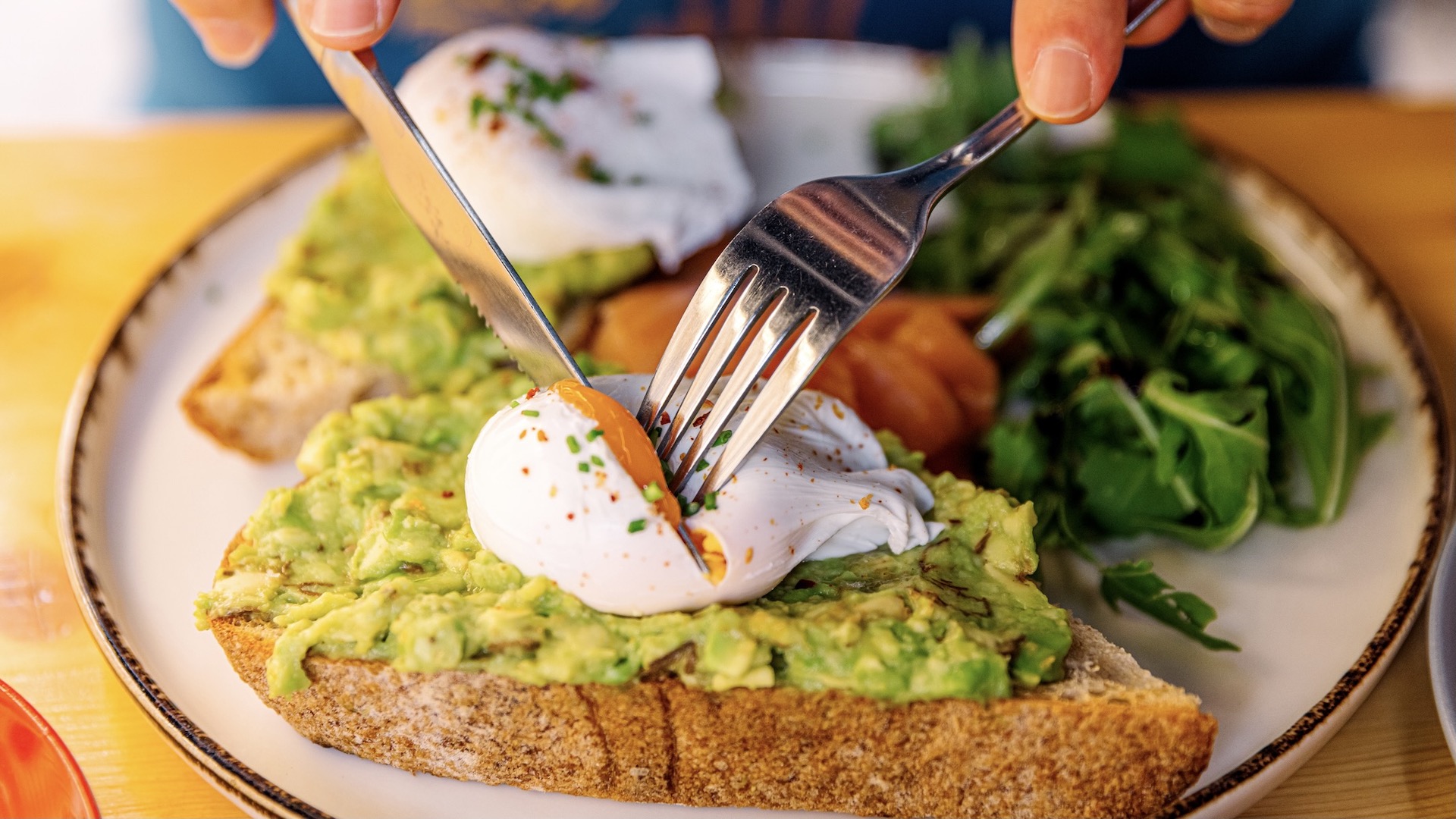
As the mileage increases as part of a half marathon training plan, so should the calorie intake, especially in the form of carbs. Holmes, who is owner of pH Nutrition and a foodspring ambassador, says: “Carbs for runners should include a wide variety of colourful fruits and vegetables because these provide you with vitamins, minerals and antioxidants to help with muscle soreness and recovery.”
All the latest inspiration, tips and guides to help you plan your next Advnture!
Other key nutrients to include during half marathon training block include iron and dietary nitrates, according to Holmes. “Iron’s primary function is to transport oxygen around the body in the blood," he says. "Iron in food occurs in two forms, heme iron, such as that found in red meat, lamb and tuna, and non-heme iron, which is in figs, dried apricots, almonds and chickpeas, as examples.
“Dietary nitrates are converted into nitric oxide in the body. Nitric oxide is a vasodilator, which means it widens blood vessels to lower blood pressure, and therefore aids the increase of blood flow. For example, you could use a concentrated beetroot supplement for a hard training session, or on race day.
“Day to day there may be benefits to simply increasing consumption of nitrate-rich foods such as beetroot, carrots, leafy greens and celery.”
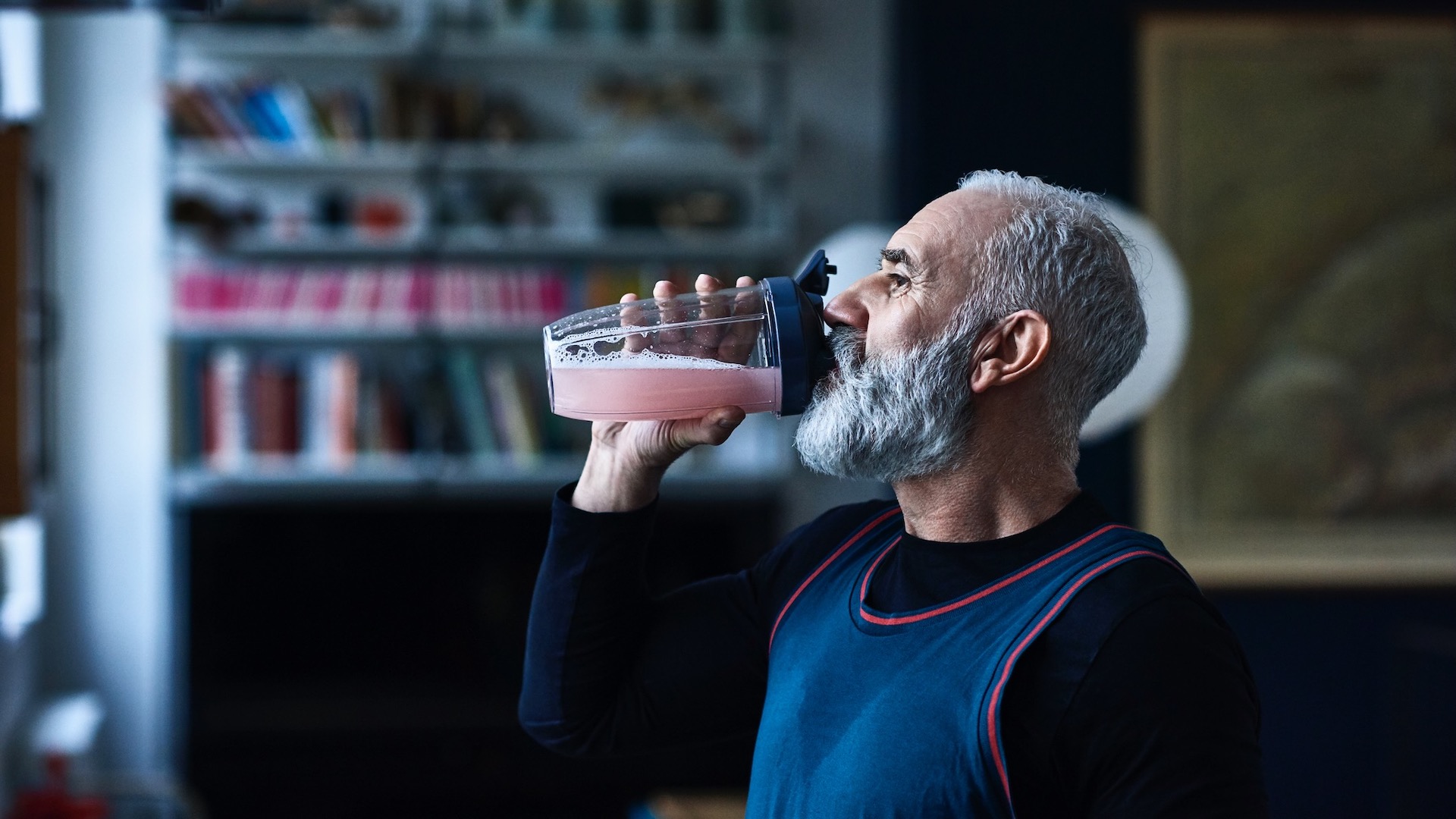
Practise eating during training for half marathon
Bickerstaff, who is a nutrition coach at OriGym, offers the very sensible advice that you need to practice what you eat in training so that you can experiment with foods and discover what works best for you.
“It’s best to stick to what you know works in a race because there is a danger that any new foods or drinks could cause complications with your stomach or bladder," he says. "This may prompt feelings of pain or discomfort that prevent you from completing the half marathon.”
Holmes adds that training runs also give you an opportunity to figure out how you're going to carry your fuelling and hydration. “You will need plenty of practice running with them, whether in a hydration belt with gel holders, a handheld bottle or a hydration pack.
"Training runs will be a time of self-discovery not only to increase your endurance but to learn when you need to fuel and hydrate. This is your chance to experiment with what works best for you and select that option prior to race day.”
What to eat the week before a half marathon
The week before the half marathon is the time for more carbohydrates. However, Holmes says it’s critical that runners consume the right carbs and at the right times.
He explains: “All too often people load up on carbs the night before and on the morning of race day leading to feeling heavy and bloated. Eating more carbohydrates does not mean overeating, or eating as much as possible. Rather, it means making sure more of your daily calories are coming from carbohydrates.
“You should have a lower training volume leading into race day. So rather than eating loads more food, I advise runners eat as they would on a normal training day when they rest or do light training. This is because if your output is lower and you eat higher calories and carbohydrates, which you should on training days, then you help to replenish glycogen stores without having to add lots of extra food.
“Adding an extra snack, which should be carbohydrate-based, is easy to do rather than changing your meals.”
Holmes suggests some simple additions half marathon runners can make, such as adding an extra piece of fruit to a meal, adding a small wrap to a meal, eating two extra rice cakes as a snack, mixing protein shake with fruit juice, adding honey and extra fruit to a yoghurt, or adding extra oats to your normal breakfast cereal.
“It is a good idea to have the last large meal at lunch time the day before the half marathon race and to have a lighter meal in the evening," he adds. "This is also something you should practice in the weeks before or when you have a smaller race coming up. Think drip feed rather than load.”
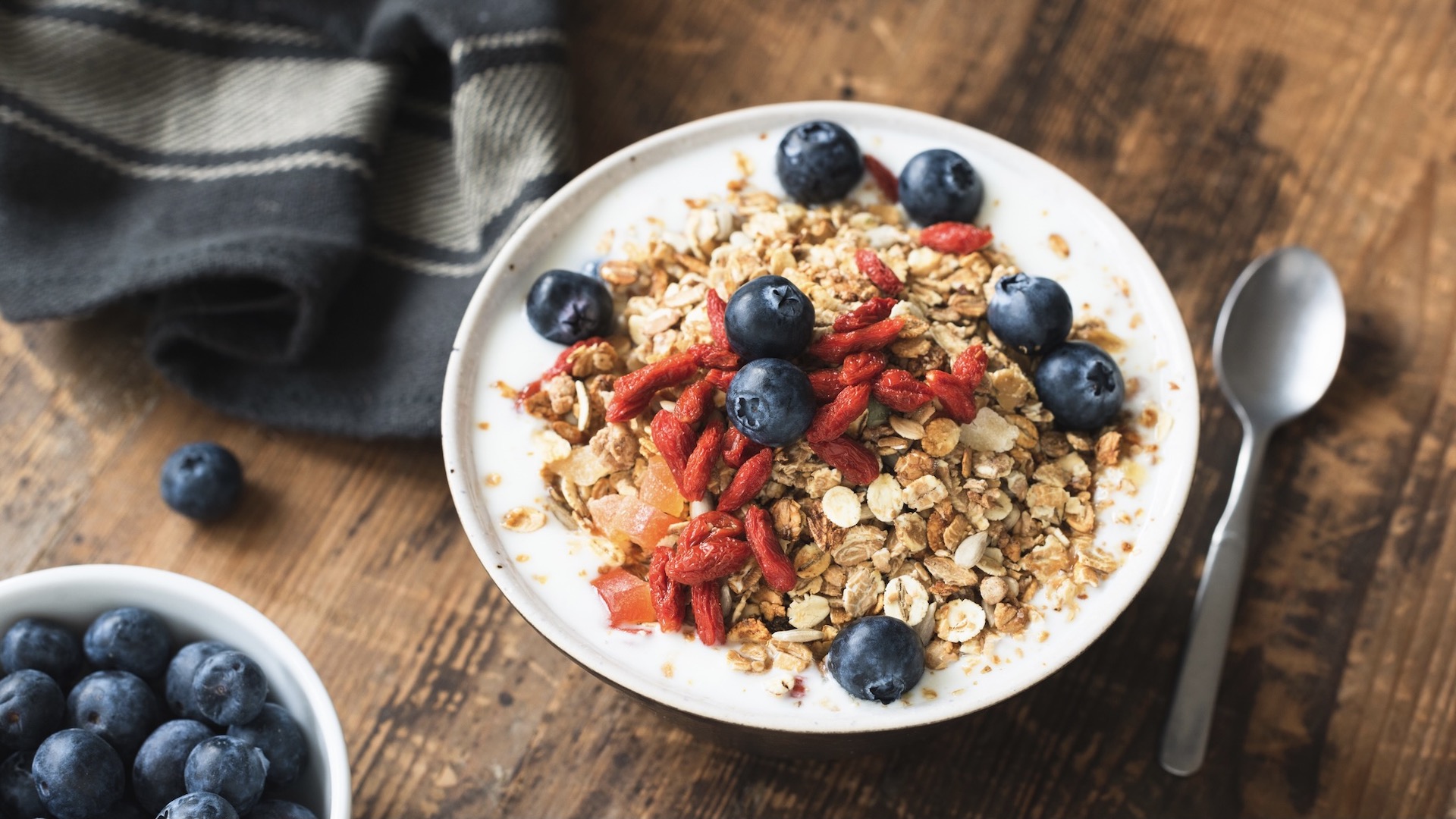
What to eat on half marathon race day
The nutrition experts recommend that half marathon runners eat a familiar breakfast around three to four hours before the race start, or a large snack 90 minutes to two hours beforehand.
Bickerstaff suggests: “For breakfast, you should try to prioritise whole grains as these are fast digesting, meaning that you’ll be able to feel the effects quickly.”
Holmes suggests: “Make sure the food is something you have practised eating before most training sessions and something you can prepare quickly and easily. If you are away from home for the half marathon, it is useful to have a meal or snack that is portable.”
A sample pre-race meal could be a bagel topped with a smear of peanut butter and honey, plus an electrolyte and carb drink. Holmes adds that’s best to avoid excessive fiber, fat or protein.
When it comes to hydration, runners should drink 6-8ml of water per kg/body weight, with added electrolytes, some 60 to 90 mins before you start. Finish this drink around 45 mins before you start to allow your gut to absorb it.
“Vitally, when it comes to hydration, runners shouldn’t drink lots of water before a race," says Holmes. "This is because you can end up diluting your blood sodium levels and then risk increasing the chances of suffering a condition called hyponatremia, which is when blood sodium levels sink too low.
“Taking in a small dose of carbohydrate immediately before the start of a race will deliver additional fuel to be used in the early stages of the run and this will also increase your focus and energy levels.
“For example, this can be solid, such as a banana or dried fruit, semi-solid, like an energy gel, or liquid, such as an energy drink or carb powder. Aim to consume this 15-30 minutes before your race start time.”
What to eat during a half marathon
Runners should aim to make use of food stations for water needs. An electrolyte tablet will be useful every hour or so to replenish fluid and electrolyte losses. Holmes says that as little as 5% dehydration can cause 8% loss of speed, 10% loss of power and 20% reduction in decision-making.
He adds: “If you’re planning to carry your own bottles, then you can swap in bottles of pre-mixed electrolyte or electrolytes plus carbs powders.”
It’s important to think about how the race day conditions will affect your nutritional needs. In cooler temperatures, fluid and sodium intake during a half marathon will have less influence on your performance than your carb consumption.
“Carb intake is arguably the most critical element of your fuel and hydration plan in a half marathon," Holmes says. "Aim to take in 0.75-1g/kg/body weight carb per hour on average across the whole race.
"If you’re not carrying your own gels or snacks, you’ll need to do the maths based on what’s available on the race course. The more energy you can consume in the early stages of the run, the stronger you’ll be able to finish, so don’t restrict your carb intake if you’re tolerating it well.”

More race nutrition tips
- What to eat before running
- When to use running gels
- Champion athlete reveals secrets for success in training and racing
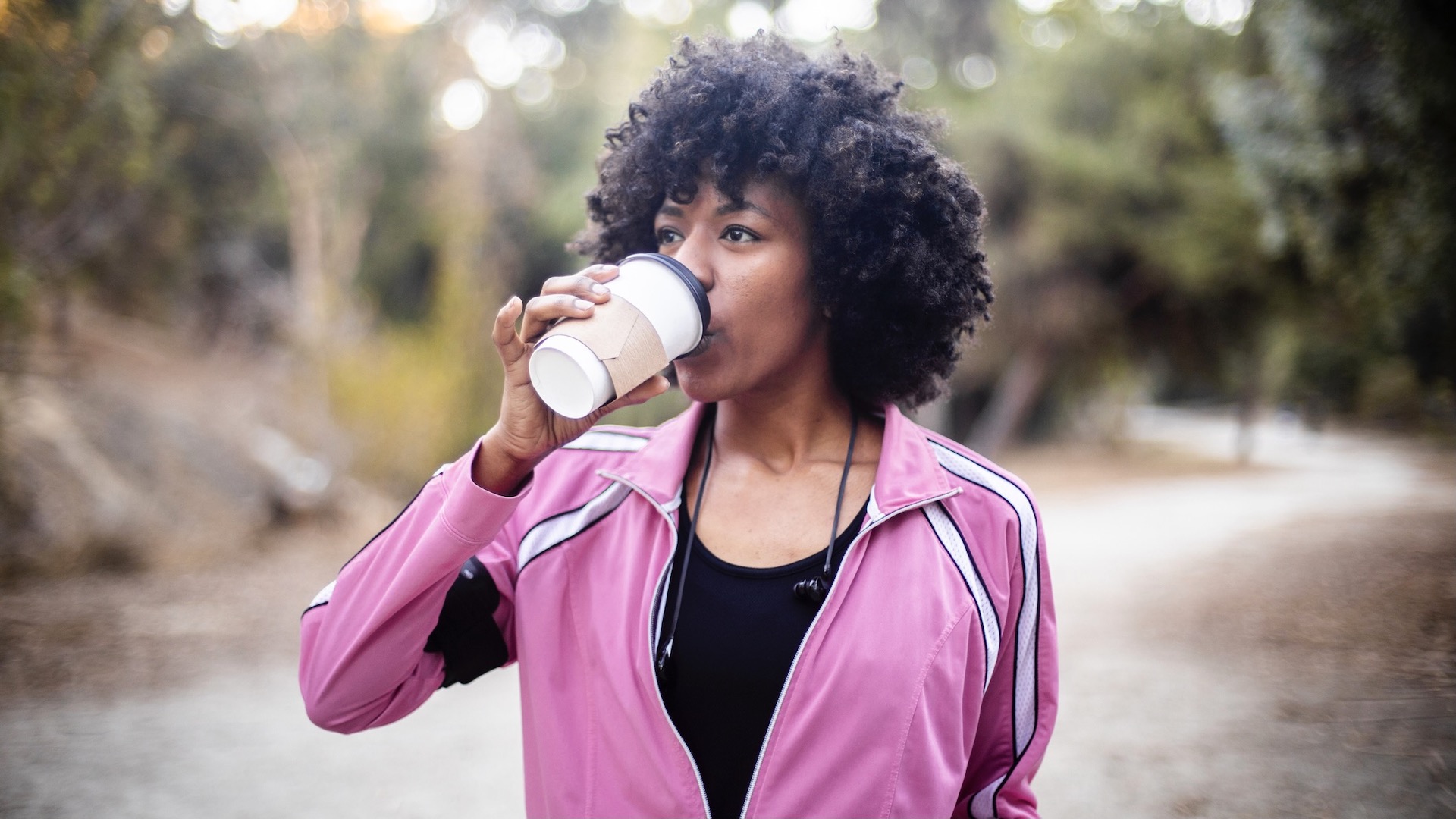
What about caffeine?
Beyond carbs, electrolytes and fluid, caffeine is one of a very small number of substances that is proven to improve performance for most athletes.
"If you do plan to use caffeine, the recommended dose is 3-6mg per kg of body weight across the race as a whole including the immediate build up," says Homes. "Don’t wait too long into the race to get your caffeine on board as it takes around 45 to 60 minutes to peak in your bloodstream.
“If you’re sensitive to caffeine, a lower dose may in fact be all that’s required to stimulate caffeine’s ergogenic [performance boosting] effect so it’s vital you do some testing in training to find out what works for you.”
Bickerstaff adds: “Many runners will please to know that there are benefits of drinking your morning caffeine, as this is scientifically proven to improve a runner’s performance.”
What to eat before a half marathon: top tips for race day
Here are some more tips for properly fuelling your half marathon so you achieve your best performance.
1) Wear a second sports watch and set a timer for every 20 to 30 minutes to remind you to eat/drink
2) Consider carrying your own fuel if possible. Doing so means you won't accidentally miss picking up something at a busy aid station.
3) Drinking from cups at aid stations can make it tricky to track how much fluid you are consuming. As a rough guide, taking in a large mouthful of fluid should deliver around 60-80ml.
4) It’s often faster overall to walk a few paces through aid stations to ensure you get enough fluids on board, rather than trying to drink from cups whilst running at full speed.
Following a good nutrition plan will be part of the overall plan for achieving your best in a half marathon race.
- Best running tops: stay cool and comfortable during races and training

Fiona Russell is a widely published adventure journalist and blogger, better known as Fiona Outdoors. She is based in Scotland and is an all-round outdoors enthusiast with favorite activities including trail running, mountain walking, mountain biking, road cycling, triathlon and skiing (both downhill and backcountry). Aside from her own adventures, Fiona's biggest aim is to inspire others to enjoy getting outside and exploring, especially through her writing. She is also rarely seen without a running skort! Find out more at Fiona Outdoors.
